PAUL LUKERT
AUTHOR
As a Certified Maxwell Leadership Team Member and DISC Consultant with 30+ years of executive experience, I help individuals and organizations enhance their leadership skills and establish a winning team and culture.
Turning Avoidance into a Strategic Career Asset
In many quarters, the traditional wisdom of identifying and refining weaknesses for professional growth is considered gospel. However, empirical evidence and progressive career development theories suggest this focus might be misplaced. Such an undue emphasis on weaknesses could paradoxically act as a roadblock to furthering the career rather than propelling professionals ahead.
This article tries to unpack the rationale underpinned by data and expert perspectives and introduce the essential roles of DISC assessment and individual coaching in shaping a more practical career development strategy.

The traditional wisdom of identifying and refining weaknesses for professional growth is taken to be gospel in many quarters. However, empirical evidence and progressive career development theories are increasingly suggesting that this focus might be misplaced. Such an undue emphasis on weaknesses could paradoxically act as a roadblock to furthering the career rather than propelling professionals ahead.
This article tries to unpack the rationale underpinned by data and expert perspectives and introduce the essential roles of DISC assessment and individual coaching in shaping a more practical career development strategy.
The Fallacy of Striving for Well-Roundedness
Perhaps this is a goal in educational and corporate philosophies: to emerge with the ability to be a well-rounded professional. However, findings from the Gallup StrengthsFinder assessment disagree with that being the ideal.
Data from a study involving over two million people indicates that people who focus on their strengths are six times more likely to be engaged at their workplaces than those who don't. The quest for well-roundedness often results in average performances in all fields rather than focusing on some and excelling in them.
The Superiority of a Strengths-Based Approach
Echoing this view, under Dr. Donald O. Clifton's development theory based on strengths, evidence shows that focusing on strengths leads to better outcomes. Research from the "Harvard Business Review" suggests that when teams focus on their strengths every day, productivity increases by 12.5 percent. The Corporate Leadership Council further supports these findings from studies about developing employees with a strengths-oriented approach, which could enhance performance by up to 36% compared to focusing on weaknesses, where performance fell by 26.8%.
The Psychological and Engagement Implications
In addition, emphasizing weakness may also have a harmful psychological effect; it wears down self-confidence and reduces job satisfaction. Research in the "Journal of Applied Psychology" indicates that emphasizing strength correlates with greater happiness and lower depression levels.
This is well supported by Gallup's State of the Global Workplace report, which further reveals a solid relationship between daily work strengths and increased workforce engagement.
The Economic Argument: Opportunity Cost and Resource Allocation
From an economic standpoint, focusing on weaknesses represents a significant opportunity cost. Resources directed at ameliorating weaknesses could far more purposefully concentrate on enhancing strengths and likely result in a higher ROI. A Society for Industrial and Organizational Psychology meta-analysis suggested that training programs focusing on strengths could yield much higher ROI than traditional weakness-focused training.
Corporate Case Studies: Embracing Strengths
Many companies, such as Google and Facebook, have embraced the culture of a strengths-based organization. Project Oxygen at Google found that the best managers empower their teams to use individual strengths rather than fix weaknesses.
Incorporating DISC Assessments and Individual Coaching
DISC assessments and one-to-one coaching integrated into professional development strategies pave the way for sophistication in maximizing career potential. DISC profiling discovers the individual's behavior styles, which, in conjunction with individualized coaching, will help him navigate the course of his career development to leverage such strengths strategically.
Empirical Support for DISC and Coaching Empirical data underscore the advantages of DISC and coaching. Research has demonstrated that one who understands their DISC profile and the ability to coach will improve their work by over 50%, be more contented with their work by over 67%, and be successful in life. One such example is the research underlying the assertion that people following coaching underpinning an understanding of their behavioral styles through DISC reported improvement with a higher productivity index and reported self-efficacy.
Concluding Thoughts
Previously, there was always a focus on correcting weaknesses. However, the modern-day practices derived from a large volume of data increasingly call for a strengths-based approach enhanced by DISC assessments and one-on-one coaching. Such a paradigm shift makes it possible to ensure work is done to satisfaction and engagement and propels productivity and performance. This would, therefore, mean that with the changing trends in professionalism, methodologies might, in the future, become indispensable for achieving lasting success. Embracing these methodologies offers individuals and organizations a competitive edge and lays the groundwork for sustainable career growth and organizational performance. The strengths-based approach, coupled with personalized coaching and DISC assessments, heralds a new era in career development strategy that prioritizes individual talents and capabilities, fostering environments where professionals are more engaged and satisfied and more productive and successful.
Share This

